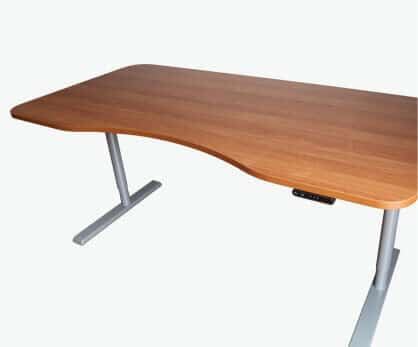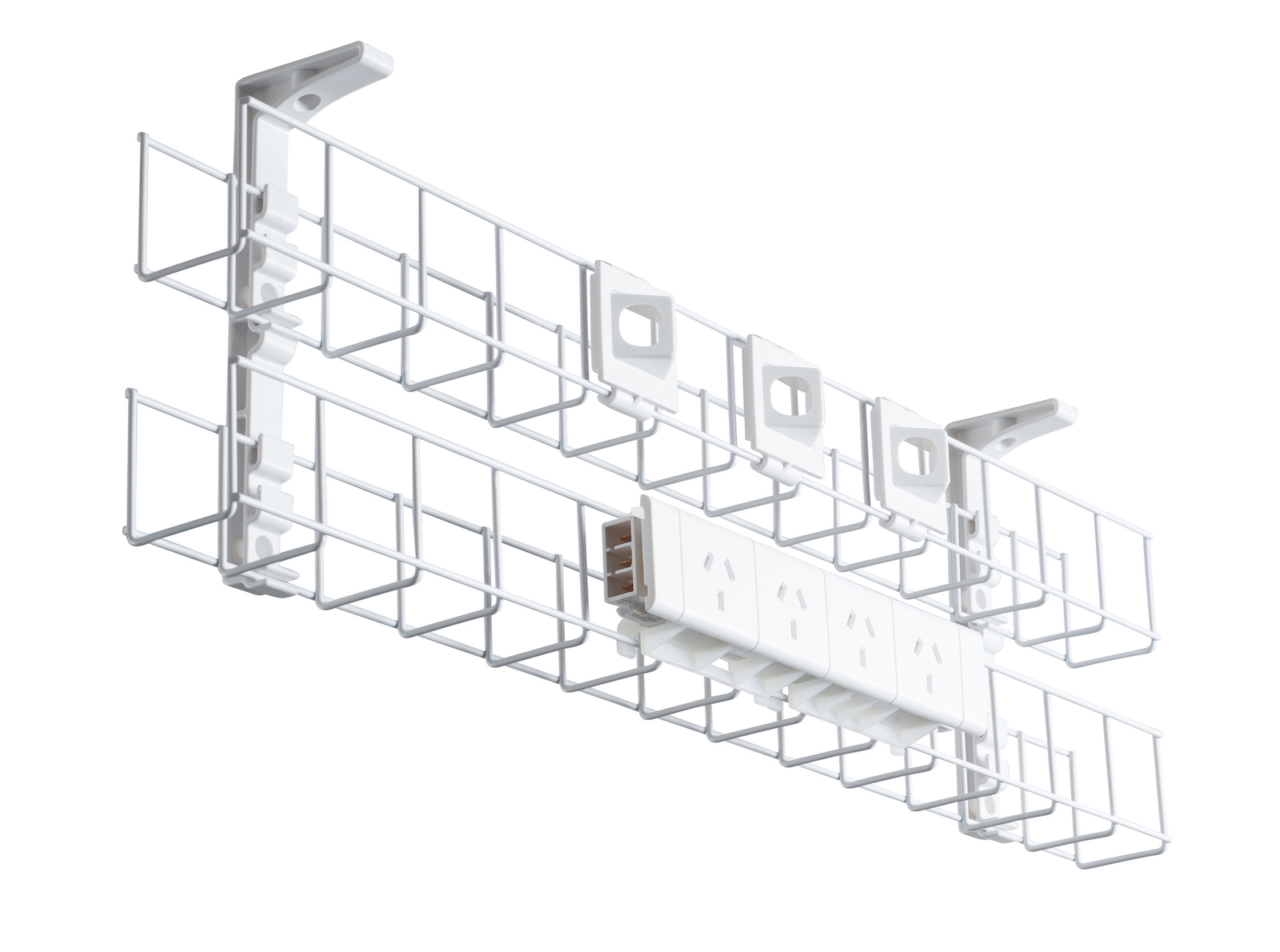
Boosting Student Productivity: The Power of Effective Time Management
Navigating the labyrinth of time management can often feel like a Herculean task, especially for students juggling academics, extracurricular activities, and personal life. The omnipresent distractions like social media and entertainment platforms are always ready to lure us away from our tasks, making time management seem even more daunting. However, mastering this art is not just about improving productivity; it is about cultivating a discipline that will continue to reward us long after we have hung our graduation gowns.
Research indicates a moderate correlation between effective time management and performance quality. But don’t let this deter you from honing your time management skills. Contrary to the popular belief that we work better under pressure, it’s crucial to understand that everyone’s optimal performance time varies. Rather than cramming all your study material into one night, be pragmatic about your concentration span and break down your study schedule into manageable slots.
Razeen Islam, a Finance major in his third year, who also balances an internship and a teaching job, swears by time blocking. He says, “I am committed to completing my to-do list. I wake up early and use ride-sharing bikes to save commute time. Time blocking, which involves assigning specific tasks to specific times of the day, has been a game-changer for me.”
However, students pursuing degrees in time-intensive fields like Art and Design may find their schedules more challenging. For example, Architecture or Fashion Design students often spend long hours in their studios. Without a clear plan to manage their time, burnout is almost inevitable.
Ennessy Morshed, a final-year Fashion Design student, shares her strategy to balance studio hours and leisure time. “Being a fashion designer means juggling multiple tasks, which can be exhausting. To avoid this cycle of waking up and feeling unproductive, I schedule my time and jot it down. I work around my personal deadlines to ensure I complete everything well ahead of time. Multitasking is a big no for me,” she says. She also underscores the importance of self-care, stating, “Taking breaks is essential to stay refreshed and passionate about our craft. It keeps me from burning out and negative thinking.”
Even with the best strategies in place, university life can be challenging. There will be times when the efforts we pour into our degrees may seem overwhelming. At such times, our commitment to our goals becomes our most significant asset in staying on course.
Sanjida Subha, a medical student, shares her experience, “Medical students rarely have free time. The academic pressure is immense, and holidays are scarce. It requires a lot of hard work, and exam seasons can be very stressful.” She reveals how she has managed to adapt in her first year as a medical student, adding, “Not all parties are important, not all hangouts are meant for me.” This mantra is worth remembering when we struggle to prioritize our commitments. As students, we must learn to attend gatherings that nourish our souls and confidently skip the rest.
Incorporating time management strategies into your life can also enhance your productivity when using tools like the best sit stand desk or electric height adjustable standing desk. These desks offer the health benefits of an electric stand up desk and can be an excellent addition to your study environment. Choosing how to choose the best standing desk is another aspect of effective time management, as it helps create a conducive environment for focused work, thereby increasing productivity.
In conclusion, mastering time management is a journey that requires discipline, commitment, and a realistic understanding of one’s capabilities. It’s not just about getting more done but about making the most of every moment and maintaining a balance between work and leisure.





